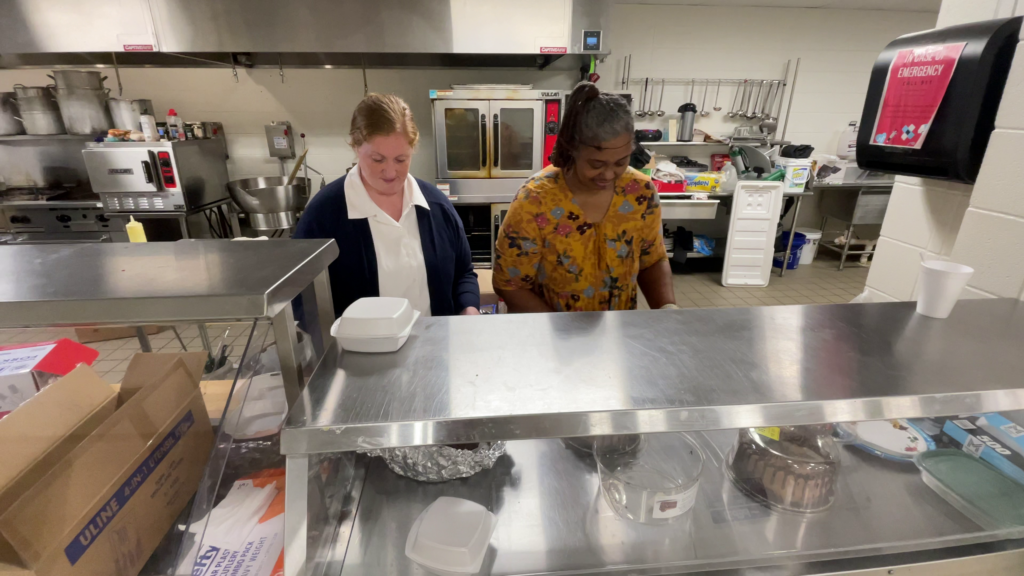State Has Nation’s Highest Poverty Rate
JACKSON, MS- Mississippians face substantial economic hardship according to new data from the U.S. Census Bureau, and decisions about funding for education and health care that Mississippi policymakers make over the next several months could make things even harder for residents to climb into the middle class. Among the findings, the data show that in 2011:
Close to 1 in 4 Mississippians lives in poverty. 22.6% of Mississippians were in families with income below the Federal Poverty Level in 2011 (about $23,000 for a family of four).
Over 128,000 Mississippi families were below the poverty line.
Mississippi’s median household income was the lowest in the nation at $36,919, and far below the national median of $50,502.
Mississippi’s median household income has dropped by more than $2,400 since 2001. *
Mississippi’s high poverty rate, weak employment conditions and stagnant wages mean that many families in our state are struggling to cover their basic needs, such as gas, clothing, and food. In July 2012, Mississippi registered 77,000 fewer jobs than when employment peaked in 2008.
“Families are doing more with less, so now is the time to do more to help, including affordable higher education, affordable healthcare, and quality K-12 education”, said Ed Sivak, Director of the Mississippi Economic Policy Center. “Our leaders need to raise more revenue, so that we adequately fund these critical priorities that help Mississippians work their way into the middle class.”
Data released last week from the Census showed that more than 500,000 Mississippians went without health insurance in 2011. Additionally, fewer Mississippians receive insurance through their employer than 10 years ago, and Mississippi has among the lowest rates of individuals receiving health insurance through their employer. Expanding Medicaid eligibility to up to 138% of the Federal Poverty Level is an important policy change for Mississippi to adopt to connect more adults with affordable health insurance.
This week, Mississippi’s leaders are beginning to evaluate funding for state services for 2014. Their decisions will affect the state’s ability to provide much needed services like safe roads, meals to elderly adults, and books for classrooms Mississippi families. Budget hearings held this week include the Departments of Medicaid, Mental Health, Human Services, Education, Universities and Colleges.
For those families facing periods of unemployment or stagnant wages, higher education and workforce training remain critical to attaining quality employment. Since 2000, tuition adjusted for inflation at Mississippi colleges has risen 56 percent and university tuition has increased 40 percent.
“Today’s data on household income reflect a great need to keep education and training affordable in our state. This is critical for generating quality job opportunities, lifting families out of poverty, and raising the income of Mississippi households in the long-term,” says Sivak.





Leave a Reply